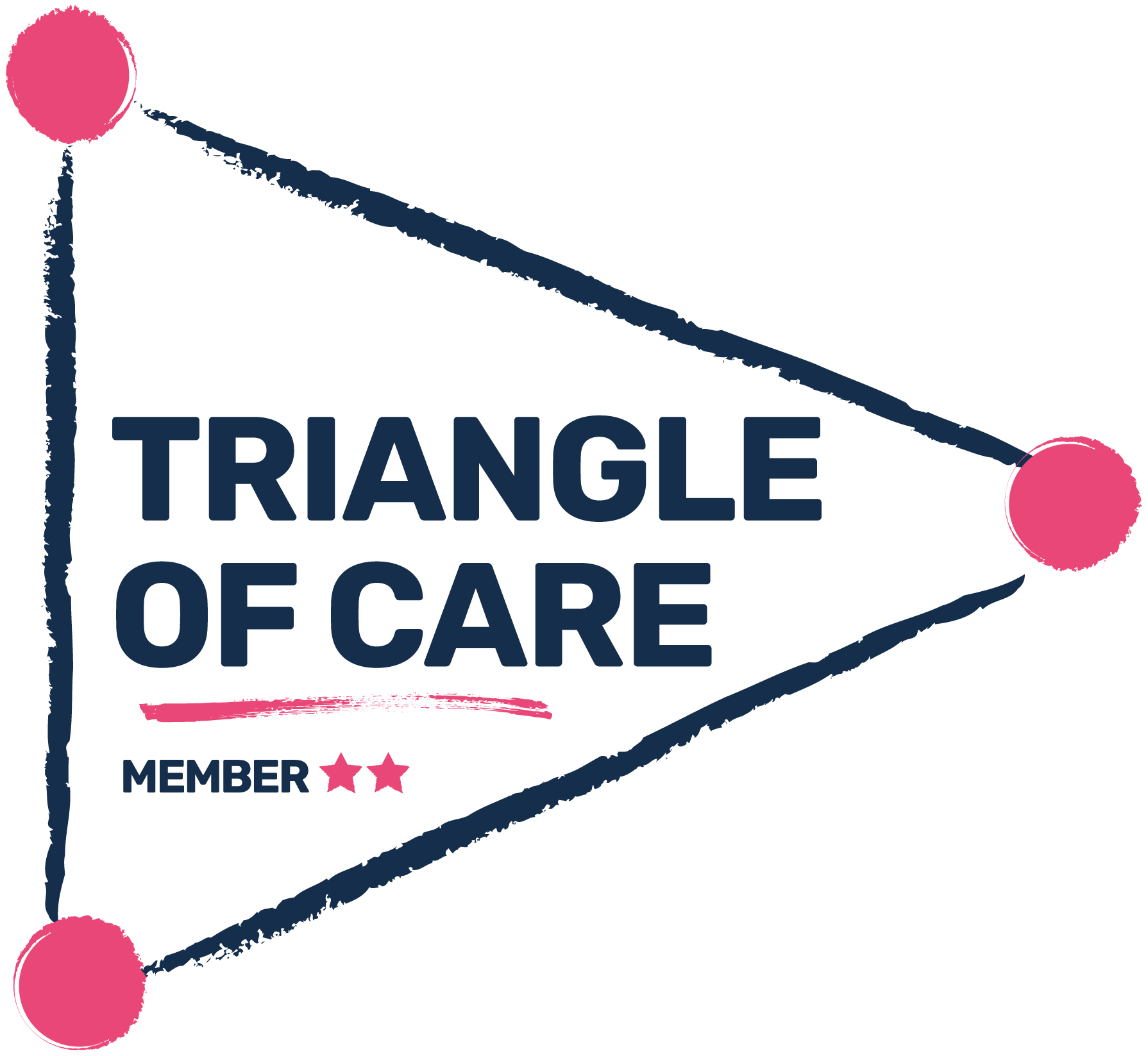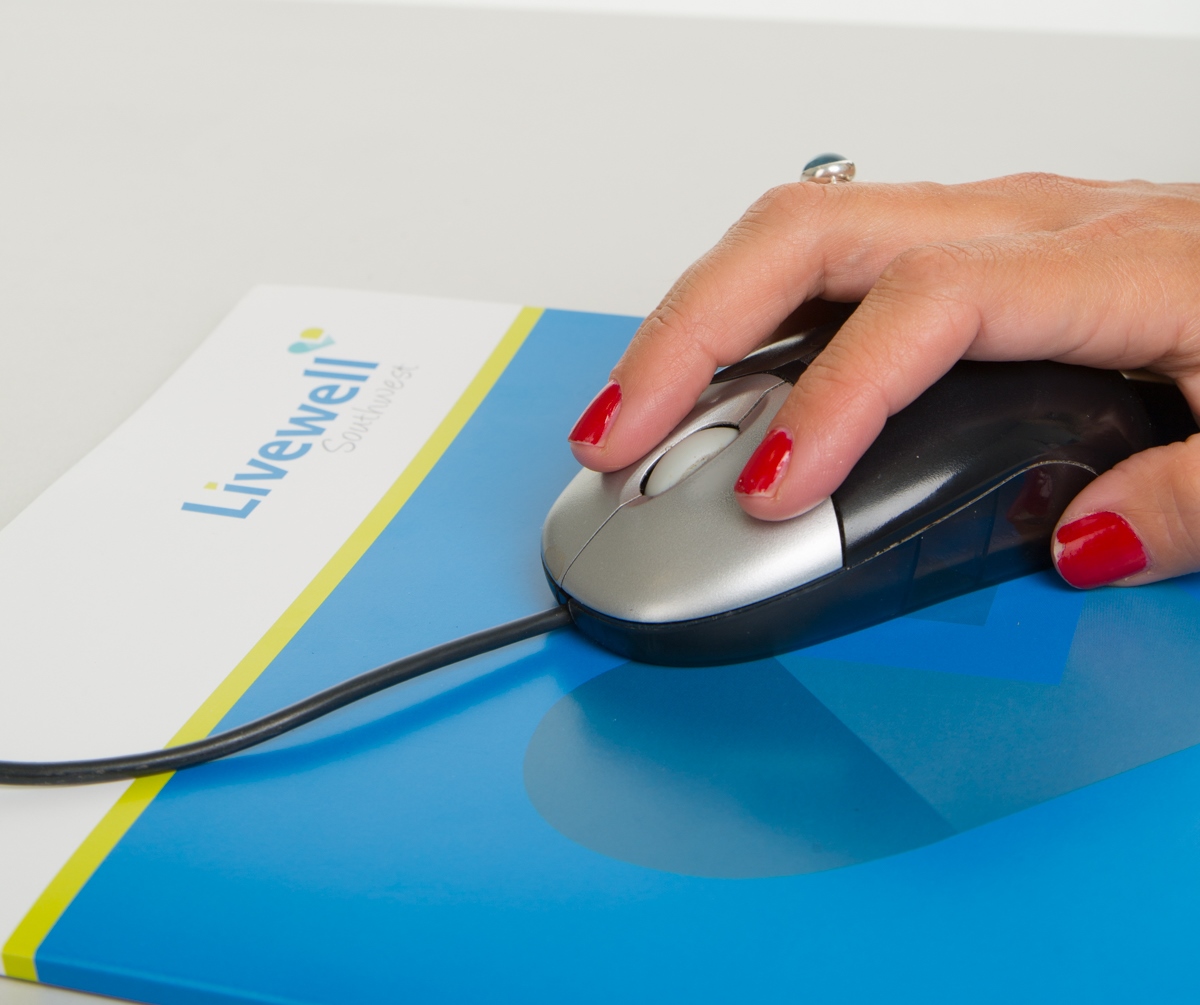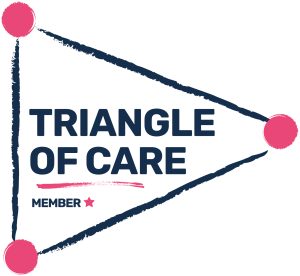What is a carer?
‘A carer is a person of any age who provides unpaid care and support to a family member, friend or neighbour who is disabled, has an illness or long-term condition, or who needs extra help as they grow older.‘ (Carers UK).
A carer is someone who provides unpaid help and support on a regular basis to a partner, family member or friend. The help they provide can be practical help, physical and/or emotional support. The cared for person can require help due to age, disability, physical or mental illness or other issues such as substance abuse. The term carer applies whether or not the carer and the cared for person live together or apart.
Some carers have spent many years caring for another person, whereas others find themselves in this role suddenly, due to an acute event such as a stroke, head injury or mental health crisis. Many family members and friends would not describe themselves as carers and may need help recognising themselves as such to ensure their own needs are met.

Supporting someone with a mental health problem
If you support someone with a mental health problem, you may face slightly different or extra challenges. If you haven’t experienced a mental health problem, it can be difficult to understand what it’s like. The mental health system is complicated and you may find yourself having to fight for the right support for them.
Looking after a young person with a mental health problem can create additional strains and worries. You may blame yourself or feel helpless and frustrated that you can’t help them feel better. You may bear the brunt of their emotions and anger.
It’s common to think that as a parent you ‘should’ be able to cope – but you don’t need to do this on your own and help is available. Talk to people around you and ask for their help, or if you don’t have family, friends or a community that you feel you can turn to for support have a look at what help is available in your area.
I’m a carer, what support is available to me?
- Carers are entitled under the Care Act 2014 to be offered a carers assessment, this may be carried out by the commissioned carers service for Plymouth, Caring for Carers. If you haven’t attended an assessment, please contact Caring for Carers directly through their website, by calling 01752 201890 or you can email. You can self-refer.
- You are encouraged to apply for a Carers Passport (see details on our main Carers page) and register yourself as a carer with your GP.
- We’d encourage you to visit the Caring for Carers website where you can find out more about a carers assessment, support groups and receiving regular information. You can also call them on 01752 201890 or you can email.
- If you require emergency care cover, you can access information on the Plymouth Online Directory or call the Carers Emergency Response Service on 07474 297040. You can also email.
- You can contact the Livewell Southwest Talking Therapies team (Tel: 01752 435419) to access support if you’re feeling anxious or struggling to cope.
- If you don’t have a PL post code, you can contact Devon Carers for support. They also run a support group: 0345 643 4435
Plymouth All-Age Unpaid Carers Strategy
A new city-wide strategy is aiming to improve the lives of more than 23,000 people in Plymouth who care for others without being paid.
Unpaid carers look after family or friends who need help and support due to illness, disability, mental health conditions or addiction. This includes young carers, who are under the age of 18.
The 2021 census identified 23,956 unpaid carers living in Plymouth, with 44 per cent providing up to 19 hours of unpaid care per week. The 2024 school census also found 730 young carers across both primary and secondary schools.
While caring can be rewarding and often a really important part of family life, it can have a big impact on carers’ lives, affecting their health, wellbeing, relationships, education and finances.
Livewell Southwest has worked collaboratively with Plymouth City Council Improving Lives Plymouth, University Hospitals Plymouth NHS Trust, NHS Devon, St Luke’s Hospice Plymouth to develop a new ‘All-Age Unpaid Carers Strategy’, in recognition of the important role carers play in supporting the wider health and care system throughout their lives.
View the strategy in full on the Plymouth Online Directory
I’m a young carer, can I get support?
If you are under 18 and providing practical or emotional care or intend to provide care for another person, then you may be able to access support. You can find information about a range of services and local support by visiting the Time4U Partnership web page or you can call 07899 950155. Support includes young carers assessments, group sessions, 1-2-1 support, support for young carers affected by alcohol and other substance use, and support in schools.
Local services for mental health carers
Caring for Carers
Caring for Carers is a partnership between Improving Lives Plymouth and Age UK Plymouth. They understand how difficult looking after someone can be and they’re here to help.
They can support carers through the provision of:
- Information and Advice
- Carers Assessments
- Drop-in/Support Groups
- Leisure and Social Activities
- Workshops/Training
- Carers Card Discounts
- Regular Newsletters
For more information about Caring for Carers, click here.
Tel: 01752 201766
Heads Count, a voice for mental health
Heads Count is a user led network for people who access mental health services, carers and everyone with experience of or affected by mental health matters in and around the city of Plymouth.
Heads Count gather individual’s views, ideas and experiences and help represent these views to service commissioners and providers, to improve mental health services for the future.
For more information about Heads Count, click here.
Tel: 01752 205210
Head Space, an out of hours service for people approaching a mental health crisis.
Head Space offers an out-of-hours service for people who consider that they are approaching a mental health crisis.
The service aims to provide a non-clinical setting with a safe, calm and structured environment, where individuals can go to access peer support.
Staff and volunteers are on hand to provide support in both 1:1 and group settings, with the goal of de-escalating crises and setting achievable goals.
For more information about Head Space, click here.
Tel: 01752 205210
Plymouth Mental Health Network (PMHN)
Plymouth Mental Health Network helps people suffering from mental illness in and around Plymouth.
They do this by providing mental health support providers with a local network to discuss, share ideas and information, work in partnership, uncover and fill gaps in service provision and influence policy and meaningful change.
This ensures that everyone in Plymouth has equal opportunity to achieve positive mental health and wellbeing.
For more information about PMHN, email [email protected]
Tel: 01752 205210
Mental Health Matters, helpline
Helpline for people with mental health problems, their carers, families and friends already under the care of Livewell Southwest.
The Team can offer emotional guidance and information and help people who may be feeling low, anxious or stressed or in extreme emotional distress and feel that there is nowhere else to turn.
Support is also provided to people caring for another person and finding it difficult to cope. The service is confidential unless it is considered there is a risk to yourself or others. Webchat available 24/7.
Tel: 0300 330 5476
Email: [email protected]
Rethink, community support service
Rethink community support services are designed to enable people affected by severe mental illness to achieve their full potential and recover a better quality of life.
Structured and goal-focused support is provided in a variety of ways, 1:1 support or group based support which can include:
- Supporting people to become more involved in social, leisure, educational, training, volunteering, and employment opportunities outside their home, which can continue after the service has ended
- Empowering and enabling people to live independently
- Supporting people to maintain suitable accommodation
- Helping people to identify and make positive and meaningful links with other individuals
For more information about Rethink, click here.
Tel: 01752 251072
Bipolar UK, support group
Bipolar support groups are free to attend and are open to anyone affected by bipolar, including family, friends and carers.
Each group is run by Bipolar UK and their volunteer co-facilitators (who are affected by bipolar themselves) lead the meetings.
For more information about the Plymouth support group, click here.
Devon Carers
Devon Carers enable carers to maintain their own health, wellbeing and independence; and to care safely, confidently and effectively.
They provide carers with the information and advice they need in their caring role. They help carers find support in their community and from local community organisations.
Devon Carers ensure carers have choice, control, and a voice as expert partners in care.
For more information about Devon Carers, click here.
Tel: 03456 434 435
Colebrook, inspiring people, supporting communities.
Colebrook have been working with individuals, communities and organisations in and around Plymouth for 35 years and pride themselves in putting people at the heart of everything they do.
Colebrook has expanded and diversified to deliver a wide range of different services including:
- A wide range of supported accommodation projects
- Community based support services
- Work with Learning Disabilities and complex needs
- Carers Champions, carers support service
- Plymouth Local Improvement Network (LINk) shaping health care and social care
- PAPOP – over 50s network
- A mental health user and carer network (PIPS)
For more information about Colebrook and opportunity knocks support groups, click here.
Caring for myself is not self-indulgence, it is self preservation.


Useful resources
A practical guide to healthy caring
The advice in this booklet will help you if you look after a friend or family member or have any form of caring responsibilities, but it is written to be particularly relevant for those who are about 65 years or older and are new to caring. Click here.
Carers and Confidentiality
Good Psychiatric Practice: Confidentiality and Information Sharing. click here.
Carers UK
Carers UK have kindly provided carers in Plymouth with free access to a wide range of online advice and resources. This includes:
- About Me: an online course to help carers find ways to prevent their caring responsibilities from becoming overwhelming
- Jointly Care coordination app: an app for carers to store information about the person they are caring for, including appointments and medication notes
- Carers UK guides: lots of essential reading for carers
To access these services, visit Carers UK Digital Resource. You will need to create a new account and use the Free Access Code DRCA0204.
Advance Statement of Wishes
Guidelines for people over 18 wishing to make an advanced statement or wishes relating to their future mental health care. Click here.
Rethink Mental Illness
Supporting people to get through crises, to live independently and to realise they are not alone. Rethink Mental Illness change attitudes and policy for millions. Click here.
Mind
Mind provide advice and support to empower anyone experiencing a mental health problem. They campaign to improve services, raise awareness and promote understanding. Click here.
Community Memory Pathway
This leaflet provides information on the Memory Clinic provided by Livewell Southwest. Click here.
What is the Triangle of Care?
The ‘Triangle of Care’ is an approach that establishes a working collaboration, or “therapeutic alliance”, between the person who is accessing a service, the professionals, and the carer, that promotes safety, supports recovery, and sustains well-being.
Livewell Southwest became member of the Triangle Care scheme which is overseen by the Carers Trust in June 2016 and has been implementing the Triangle of Care in mental health services to ensure that all our staff recognise the importance of involving carers.
The Triangle of Care was initially developed to improve mental health acute services by adopting six principles. It is widely accepted that these key principles can be applied to all service areas and Livewell Southwest is continuing to spread this good practice in all or our services.

What are the standards?
- Carers and the essential role they play should be identified at first contact with services or as soon as possible thereafter.
- Staff should be aware of carers and trained to engage with carers more effectively.
- Policies and protocols should be in place to ensure confidentiality and improve information sharing with carers.
- Defined roles (Carer link workers), responsible for carers should be in place.
- Carers should be “introduced” to the service and provided with a range of information.
- A range of carer support services should be available to offer or signpost carers to.
What can I expect?
Although the very first contact with services may mean that carers are focused on the wellbeing of the person they care for and not on their own needs, professionals should be aware that this could be the most important point where recognition and support can have the greatest benefit. If this is not possible at that time, professionals should identify you and your role as a carer as soon as it is best to do so.
You should expect professionals to be aware of the demands and pressures carers often experience and know that there is a carer link worker in most wards and teams promoting carer issues and working to achieve greater collaboration with carers and families.
We recognise that carers often hold information that would improve a service user’s treatment and care plan; likewise, carers would also welcome appropriate information to ensure they are able to undertake their caring role.
Livewell Southwest is working towards ensuring service user and carer confidentiality, while adopting safe practices, such as advance statement of wishes, that will improve greater information sharing with carers and families.
Further information and how to contact us
Please talk to our staff about any concerns you have about your own needs and/or concerns about the person you care for. You can also email [email protected] or call the switchboard on 01752 435502.
Please also see further information on our Carers Page which includes information for Young Carers.

